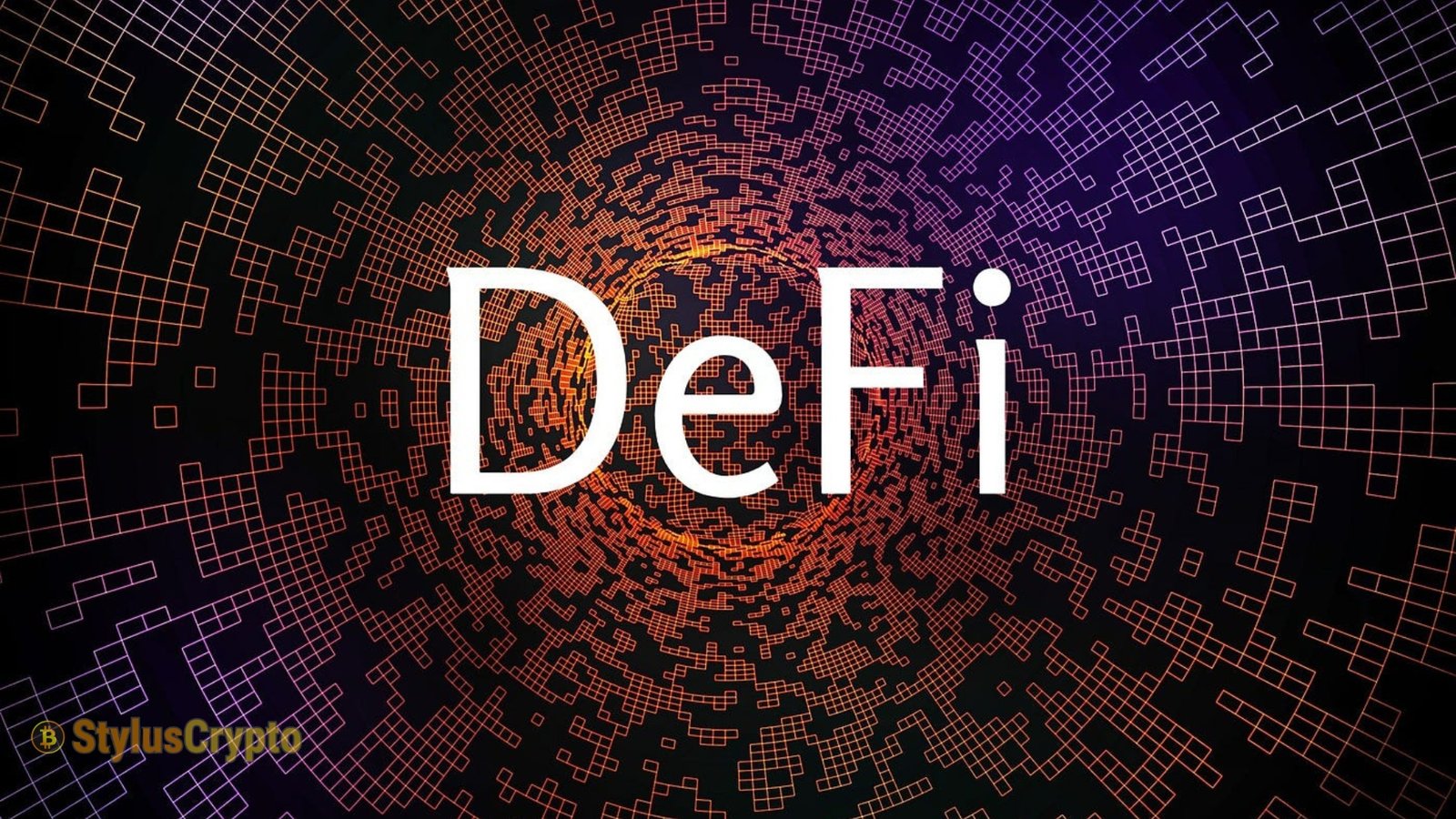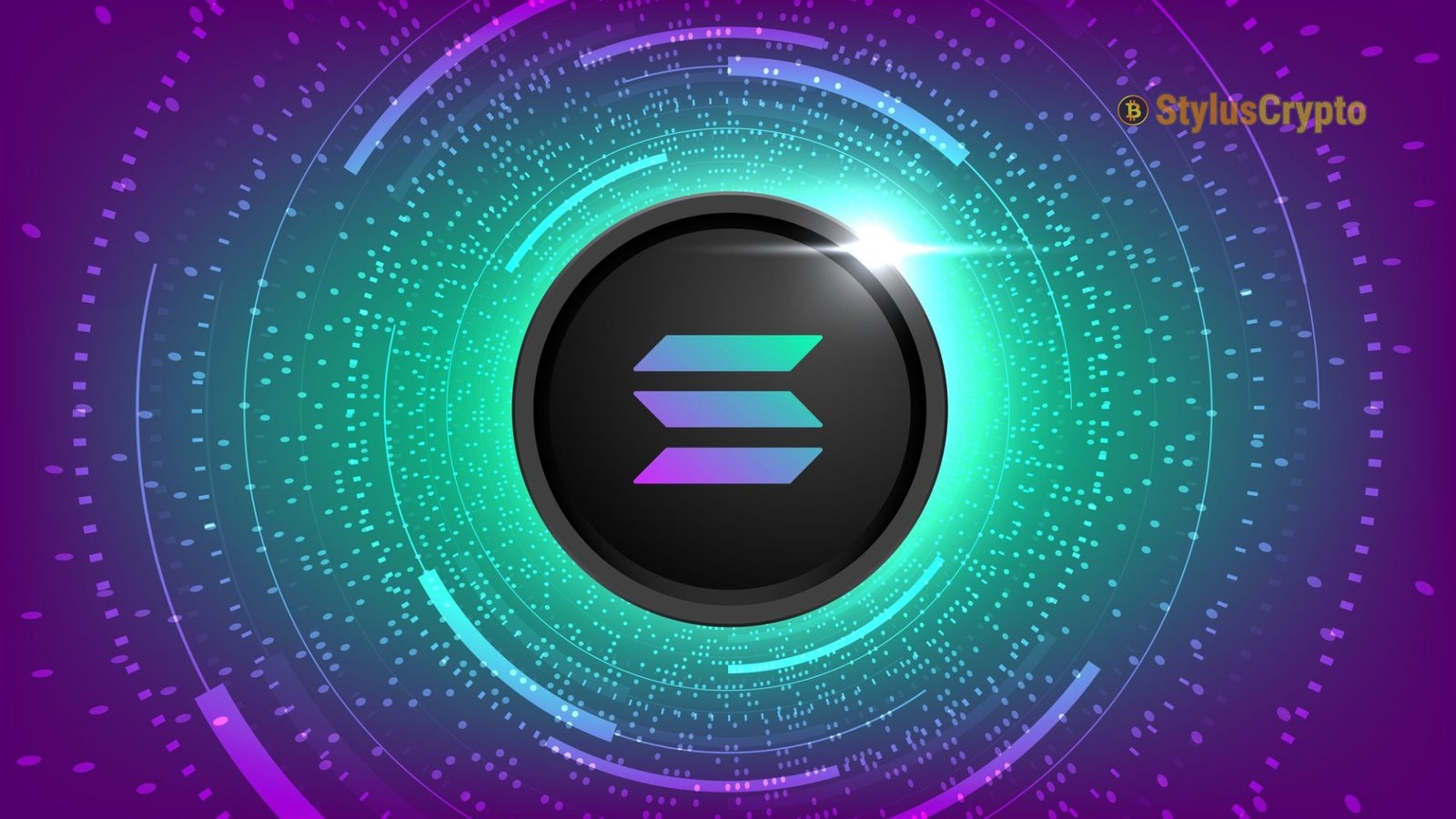Jupiter DeFi Exchange: A new way to earn, lend, and trade digital assets has emerged, and users’ interactions with financial services have been revolutionized by the exponential growth of decentralized finance (DeFi) in recent years. Among the several DeFi platforms, the Jupiter DeFi Exchange stands out. Jupiter has positioned itself as a prominent player in the decentralized exchange (DEX) market, seeing increased user adoption for secure, permissionless trading. With an examination of Jupiter DeFi Exchange’s function within the larger DeFi ecosystem, this article will investigate the platform’s characteristics, advantages, and possible disadvantages.
What is Jupiter DeFi Exchange?
One decentralized exchange that aims to make trading different tokens and cryptocurrencies easy, transparent, and trustless is Jupiter DeFi Exchange. Jupiter is a cryptocurrency platform that offers various assets, minimal fees, and quick transactions built on the Solana blockchain. Jupiter decentralizes trading by eliminating intermediaries and confiscating user funds, so users keep more of what they earn.
The platform is built to optimize trading routes to get the cheapest rates across Solana’s DEXs. Jupiter ensures users obtain the best transaction rates by aggregating liquidity from multiple sources.
Core Features of Jupiter DeFi Exchange
Jupiter offers several standout features that differentiate it from other decentralized exchanges, including:
Cross-DEX Aggregation
Because of its cross-DEX aggregation capability, Jupiter DeFi Exchange can search numerous Solana blockchain decentralized exchanges (DEXs) for the best consumer trading routes. Combining liquidity from multiple sources guarantees efficient pricing. Users may trust Jupiter’s aggregation technology to automatically find the best exchange rates for their trades rather than manually comparing rates across multiple DEXs.
Fast and Low-Cost Transactions
Jupiter DeFi Exchange offers quick and cheap transactions over the Solana blockchain. Solana is far quicker than other blockchains regarding throughput, allowing for trade execution in seconds. Furthermore, the platform is aided by Solana’s low transaction fees compared to networks such as Ethereum. Jupiter is a great alternative for traders who want to decrease costs and avoid delays, which other platforms are known for because of its efficiency.
Wide Range of Token Pairs
Jupiter DeFi Exchange supports various token pairs, allowing users to trade in various ways. The platform supports various trading preferences, including major cryptocurrencies like Ethereum and Bitcoin and several developing DeFi tokens. With such a wide variety, consumers can trade less common assets on one exchange, streamlining portfolio management. Token pairs’ widespread availability increases liquidity and greater trading strategy execution flexibility.
Permissionless and Non-Custodial

Users may trade on Jupiter DeFi Exchange without depending on third parties or giving up control of their assets because the exchange is permissionless and not custodial. To protect user privacy, no account creation or know-your-customer procedures are required. Users maintain complete control of their assets since the exchange never stores them, which aligns with DeFi’s decentralized and secure principles.
User-Friendly Interface
Jupiter DeFi Exchange’s intuitive layout suits traders of all skill levels. The platform’s user-friendly design streamlines the trading process, facilitating easy navigation and transaction execution. Clear images, streamlined options, and uncomplicated navigation also facilitate focusing on trading instead of technical difficulties, lessening the complexity commonly associated with DeFi platforms.
How Jupiter Stands Out in the DeFi Ecosystem
In an increasingly crowded DeFi market, Jupiter stands out due to its technological innovations and the strategic advantages it offers its users. Here are some reasons why Jupiter is gaining popularity:
Optimized Trading Routes
The platform’s aggregation engine is among the most notable features. As a result of Jupiter’s ability to pull data from several different DEXs, users are guaranteed to trade at the most advantageous rates constantly. This can greatly reduce slippage and trading costs, particularly for transactions involving considerable money.
Access to Deep Liquidity
Jupiter, which operates on the Solana blockchain, incorporates liquidity from several decentralized exchanges and DeFi protocols, such as Serum and Raydium. Thanks to this deep liquidity, users can trade even enormous quantities of tokens without significantly impacting market prices.
Improved Solana Ecosystem

Jupiter is part of the Solana ecosystem and can take advantage of the speed and scalability of the Solana network. Solana’s tremendous throughput (thousands of transactions per second) and extremely cheap fees make Jupiter a formidable rival against decentralized exchanges (DEXs) built on Ethereum, where hefty gas fees and slower transactions have been major pain points. Jupiter boasts both of these characteristics.
Interoperability and Ecosystem Integration
Jupiter’s design makes it highly interoperable and can easily connect with other projects in the Solana ecosystem. This reduces the friction users may encounter when switching between multiple DeFi tools, making it possible to have a more unified trading experience across other platforms.
Benefits of Using Jupiter DeFi Exchange
The Jupiter DeFi Exchange offers numerous advantages, especially for traders looking to maximize their trading efficiency and minimize costs:
Low Fees
Because of the Solana blockchain’s low costs, Jupiter DeFi Exchange is a great option for traders looking to save money. Compared with Ethereum-based exchanges, where prohibitively large gas fees can be an impediment, the transaction fees are far cheaper. Because of its cost-effectiveness, users can engage in the DeFi ecosystem and complete trades without worrying about paying exorbitant transaction fees.
Fast Transaction Speeds
Jupiter DeFi Exchange’s lightning-fast transaction speeds are made possible by the Solana blockchain, which can handle thousands of transactions per second thanks to its high throughput. Block confirmation happens in seconds, allowing for nearly immediate trade execution. This lightning-fast processing is a godsend for high-frequency traders and others seeking to take advantage of market opportunities quickly.
Security and Privacy
Jupiter DeFi Exchange is both non-custodial and permissionless, emphasizing privacy and security. There is less chance of centralized hacks or breaches because users can still manage their assets independently. The platform prioritizes user privacy by not requiring any personal information or KYC. A strong blockchain infrastructure, like the one used by Solana, ensures the safety of transactions while letting users stay anonymous and in charge.
Access to Best Prices
Jupiter DeFi Exchange uses the Solana blockchain to aggregate liquidity from various decentralized exchanges, giving users the best pricing. Its intelligent routing system may search many DEXs for the best trading rates, reducing slippage and improving trade execution. As a result, users can trade confidently, knowing they are receiving top dollar for their assets without manually comparing prices.
Drawbacks and Challenges
While Jupiter DeFi Exchange offers several benefits, there are a few challenges that users should be aware of:
Learning Curve for New Users
If you’re new to decentralized finance, you might find the learning curve on Jupiter DeFi Exchange to be steeper than on other DeFi platforms. Basic ideas like liquidity pools, slippage, and managing one’s wallet could be difficult for newcomers. Despite the intuitive design, you may need some training and knowledge to master the ins and outs of DeFi trading and ensure you’re always interacting securely on the site.
Reliance on the Solana Network
Because of the Solana network, Jupiter DeFi Exchange offers benefits like reduced costs and lightning-fast transactions, but there are also risks. Users’ capacity to trade on Jupiter could be affected if Solana encounters network problems or downtime, interrupting Jupiter’s operation. Jupiter relies on the Solana network’s stability and dependability even though Solana’s performance is often strong.
Limited to Solana Ecosystem
The Solana ecosystem features high-speed DeFi platforms like Serum and Raydium, which enhance trading and liquidity. For NFTs, Solanart and Magic Eden offer vibrant marketplaces. Additionally, projects like Mango Markets provide decentralized trading and lending. This ecosystem benefits from Solana’s scalability and low transaction fees, fostering innovation and growth in the blockchain space.
Smart Contract Risks
An agreement can be “smartly” coded onto a blockchain to execute itself. Smart contracts provide benefits but have risks, such as security holes, code mistakes, and no legal protections. Vulnerabilities in the programming of smart contracts can result in huge monetary losses. It is also not possible to fix defects in a smart contract after deployment; instead, a new contract must be issued.
The Future of Jupiter DeFi Exchange
Jupiter’s expansion in the DeFi area is encouraging. With an emphasis on providing consumers with the best rates across several DEXs and supporting the quickly growing Solana ecosystem, Jupiter will likely have a major impact on how decentralized trading on Solana develops as the DeFi industry changes.
Future advancements include expanding its services to other blockchain ecosystems, adding more advanced trading tools like margin trading or limit orders, and optimizing the platform’s design and functionality to enhance the user experience.
Further Read: DeFi Liquidity Mining: Challenges and Future Prospectus
Jupiter can expand its user base and liquidity pool by taking advantage of the increasing demand for decentralized solutions among individual traders and the growing interest in decentralized finance among institutions.
In summary
Trading a wide variety of tokens on Jupiter DeFi Exchange is quick, cheap, and efficient, and the exchange has swiftly become a major participant in the Solana ecosystem. With its one-of-a-kind aggregation engine, users are guaranteed the highest trading rates. The seamless connection with Solana guarantees a fast and fee-free experience. The security of smart contracts and the network’s dependability are two areas where it could be vulnerable, as is the case with all DeFi platforms.
Jupiter and similar platforms will be essential in promoting the widespread use of decentralized financial services as the DeFi movement gathers steam. Thanks to its innovative features and expanding ecosystem, Solana is well-positioned for long-term success in the ever-changing decentralized finance sector.
FAQs
Q1. What is Jupiter DeFi Exchange?
Jupiter DeFi Exchange is a decentralized exchange (DEX) on the blockchain. It allows users to trade cryptocurrencies and tokens directly with one another without intermediaries. It leverages automated market makers (AMMs) to facilitate trading and offers liquidity provision, yield farming, and staking features.
Q2. How does Jupiter DeFi Exchange ensure security for its users?
Jupiter DeFi Exchange employs various security measures to protect users. Including smart contract audits conducted by reputable firms, encryption protocols, and multi-signature wallets. Additionally, it follows best practices for decentralized finance (DeFi) security and encourages users to enable two-factor authentication and use hardware wallets for added protection.
Q3. What tokens can I trade on Jupiter DeFi Exchange?
Jupiter DeFi Exchange supports many tokens, including popular cryptocurrencies like Bitcoin (BTC), Ethereum (ETH), ERC-20, and BEP-20 tokens. The exchange regularly updates its list of supported tokens to include new and emerging projects. You can check the current list of available tokens on their website or through the platform’s interface.
Q4. How can I provide liquidity on Jupiter DeFi Exchange?
To provide liquidity on Jupiter DeFi Exchange, you must deposit an equal value of two tokens into a liquidity pool. You can do this by navigating to the “Liquidity” section of the platform and selecting the tokens you wish to contribute, following the instructions to add them to the pool. In return, you’ll receive liquidity provider (LP) tokens, representing your pool share, which can be used to earn fees and participate in yield farming opportunities.

